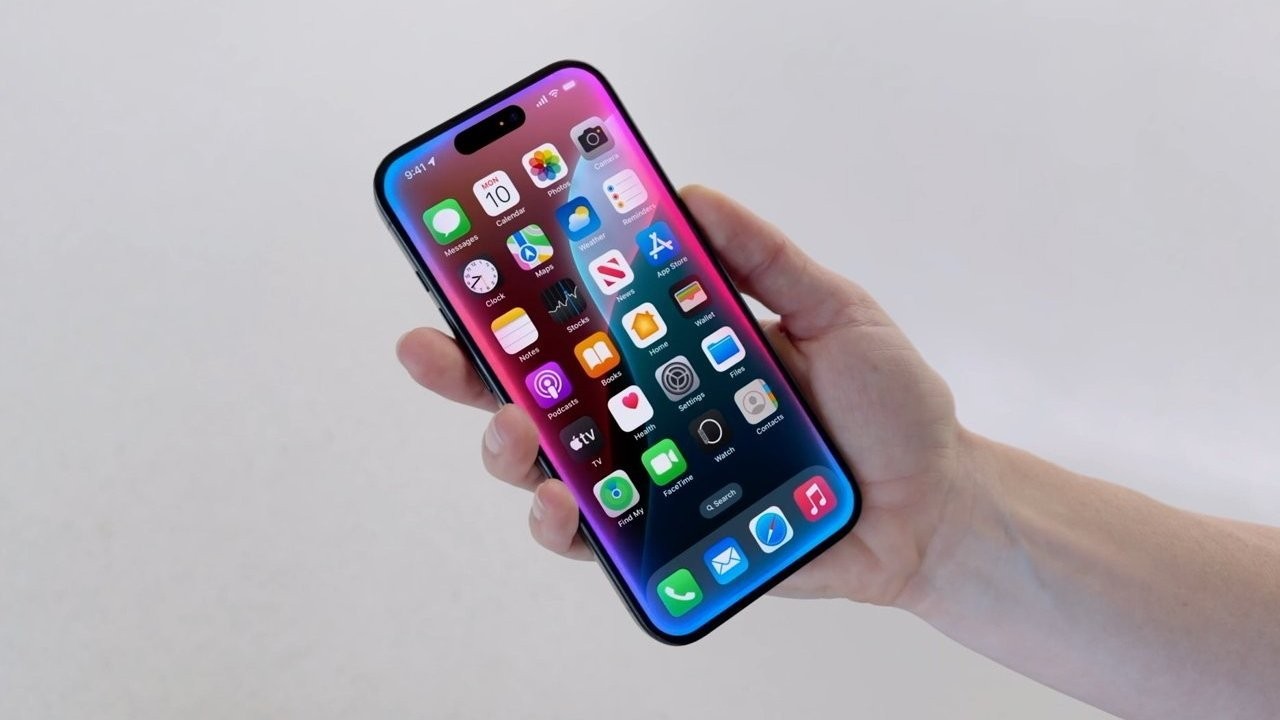
In a move that promises to reshape the digital landscape for European Union (EU) iPhone users, Apple has unveiled plans to allow the selection of default navigation and translation apps. This development, slated for spring 2025, is expected to coincide with the release of iOS 18.4 and iPadOS 18.4.
The tech giant's decision comes as part of its efforts to comply with the EU's Digital Markets Act, which aims to foster fair competition in the digital sector. This change will empower users to personalize their device experience further, moving beyond Apple's native applications.
Once implemented, EU iPhone and iPad users will have the ability to set their preferred navigation and translation apps as defaults through a new "Default Apps" section in the Settings menu. This means users could opt for alternatives like Google Maps or Waze for navigation, and Google Translate or Microsoft Translator for translation services, instead of Apple's built-in offerings.
This announcement builds upon Apple's existing commitments to EU users. The current iOS 18.2 beta already allows for the selection of default apps for browsers, email, app marketplaces, phone calls, messaging, password management, and even keyboard preferences.
The timeline for these changes suggests that Apple is taking a phased approach to implementing the new features. While some options are already available in beta versions, others are scheduled for future updates, with the navigation and translation app defaults set for the spring 2025 release.
Apple's decision to open up these core functionalities to third-party developers marks a notable shift in the company's traditionally closed ecosystem approach. It reflects the growing pressure on tech giants to provide more choices to consumers and foster a more competitive digital environment.
As these changes roll out, EU iPhone users can look forward to a more customizable experience that aligns with their personal preferences and needs. The move also opens up new opportunities for app developers to compete on a more level playing field within the iOS ecosystem.
While these changes are currently limited to EU users, they may set a precedent for similar adjustments in other regions, potentially reshaping the global smartphone user experience in the years to come.